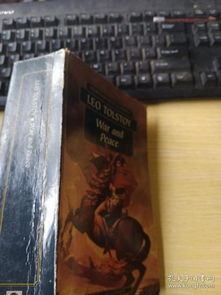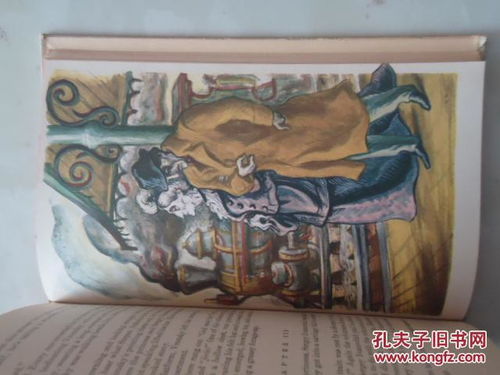
Leo Tolstoy: An Author of Unparalleled Depth and Vision
Leo Tolstoy, a name that resonates with the very essence of Russian literature, was not just a writer but a philosopher, a moralist, and a social critic. Born on September 9, 1828, in Yasnaya Polyana, Russia, his life and works have left an indelible mark on the world. Let’s delve into the multifaceted world of Leo Tolstoy, exploring his life, his writing, and his impact on society.
Early Life and Influences

Leo Tolstoy was born into a noble family, which provided him with a comfortable upbringing. However, his early years were not without their challenges. His father, Count Nikolai Tolstoy, was a strict disciplinarian, and his mother, Maria Tolstaya, was a pious woman who instilled in him a strong sense of morality. These early influences would shape his worldview and his writing.
After completing his education at home, Tolstoy attended the University of Kazan, where he studied law. It was during this time that he began to question the values of his society and the institution of slavery. His exposure to the works of Western philosophers, such as Jean-Jacques Rousseau and Voltaire, further deepened his skepticism towards the existing order.
The Novels: A Window into the Human Condition

Leo Tolstoy’s novels are masterpieces that offer a profound insight into the human condition. His most famous works, “War and Peace” and “Anna Karenina,” are not just stories but philosophical treatises on life, love, and morality.
“War and Peace,” published in 1869, is a sprawling epic that follows the lives of five aristocratic families during the Napoleonic Wars. The novel explores the themes of power, love, and the futility of human ambition. Through the characters’ experiences, Tolstoy questions the purpose of life and the nature of happiness.
In “Anna Karenina,” published in 1877, Tolstoy delves into the complexities of human relationships. The novel tells the story of Anna Karenina, a married woman who falls in love with Count Vronsky. The novel examines the consequences of infidelity, the role of society, and the struggle for personal freedom.
Philosophical and Religious Views

Leo Tolstoy’s philosophical and religious views were central to his writing. He believed in the importance of simplicity, humility, and the pursuit of truth. In his later years, he became increasingly critical of the Russian Orthodox Church and the institution of marriage.
In his essay “The Kingdom of God Is Within You,” published in 1894, Tolstoy argues that the kingdom of God is not a place to be reached after death but a state of being that can be achieved in this life. He emphasizes the importance of self-improvement and the need to live a moral life.
The Impact of Leo Tolstoy
Leo Tolstoy’s works have had a profound impact on literature and society. His novels have inspired countless writers and thinkers, and his philosophical and religious views have influenced countless individuals.
His advocacy for peace and non-violence has also had a lasting impact. In 1908, he founded the Leo Tolstoy Peace Foundation, which aimed to promote peace and justice around the world.





